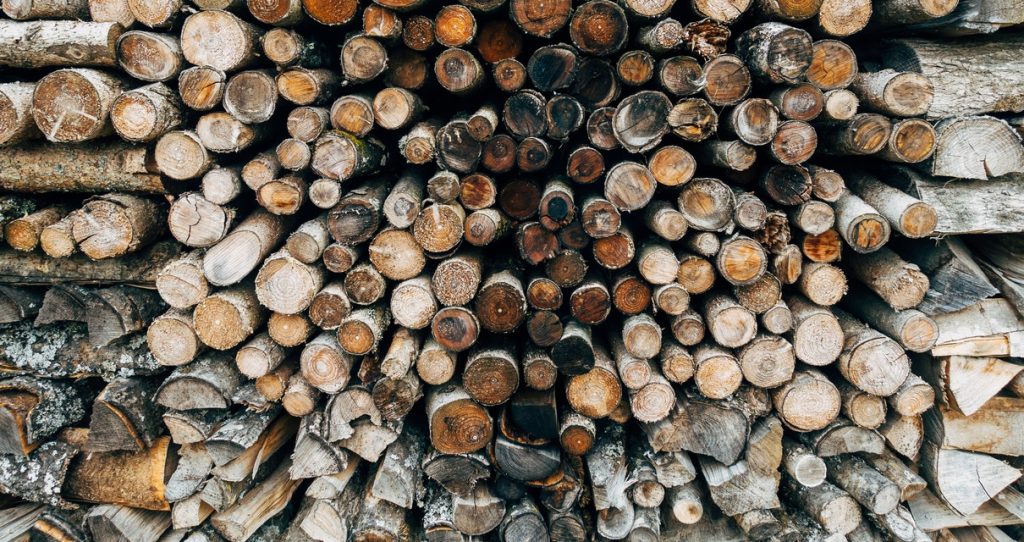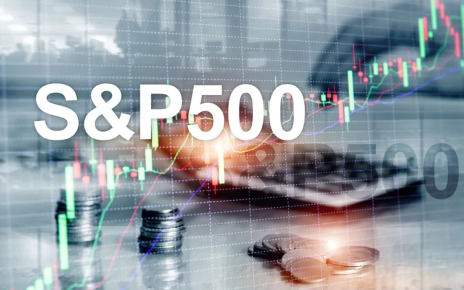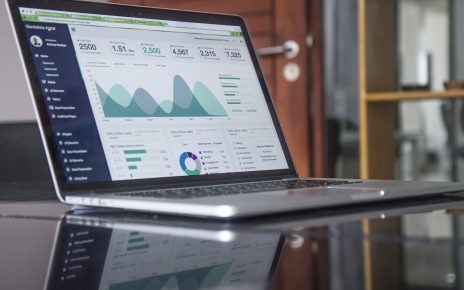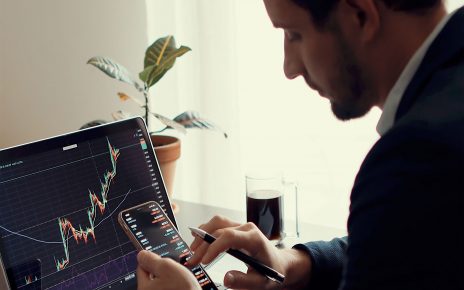Trading commodity futures is one of the most popular investment vehicles for investors to maximize their profit potential. However, without experience or proper guidance, trading a financial instrument that includes agreements for selling and buying assets on predetermined dates and prices might be challenging to figure out.
That notwithstanding, with a fair amount of knowledge and research, many investors can use futures to their portfolios and subsequently increase their profits potential. In other words, trading commodity futures doesn’t have to be complicated. To start, we’ve created this short but concise guide that will give you all the essentials you need to know.
Before we start talking about the ins and outs, let’s see what commodity futures are. A considerable number of people have misconceptions from the very start, and this affects their trading overall. So let’s get started.
What are commodity futures?

A commodity futures contract is a derivative that requires investors to sign an agreement that obligates them to sell or buy a commodity for a fixed amount. Both the date of the transaction and the price are predetermined. Some of the most commonly traded commodities include metals, energy, and food.
In the contract, the commodity price is predetermined, which means that buyers can be sure that the price for their commodities will not change regardless of when their transaction takes place. In other words, it reduces the risk of fluctuating prices.
Similarly, sellers are guaranteed the exact amount agreed upon in the contract; in effect, they are protected from price drops, especially for commodities that are known to be highly volatile, for example, Gold futures.
How commodity futures work

Unlike stocks, futures don’t require investors to instantly pay the total amount upfront once a contract is completed. Also, they don’t have to own the underlying asset right away. They are only required to deposit the initial margin to establish their futures position.
The necessary initial margin is the percentage of the overall notional value of the contract. If the value of the underlying commodity appreciates, the buyer will profit from the contract. In other words, the buyer can sell that commodity for a higher price.
On the other hand, if the value of the commodity depreciates, the seller will make a profit. Traders who trade commodities futures don’t have to worry about product delivery since they are only trading the price derivative of the underlying asset and not the asset itself. They can, however, make contracts by giving proof of a product’s existence somewhere in a warehouse.
Some of the most common underlying assets in futures contracts are:
- Gas
- Gold
- Wheat
- Crude oil
- Corn
- Copper
- Silver
- Meat
The best option for investing in commodity futures
The safest way to become a commodity investor for many traders is to use “commodity funds.” These funds can be exchange-traded or mutual, and they have a wide range of commodity futures that are always ready to be traded.
Trading commodity futures contracts can be risky and complex because of their volatile nature, but they can also provide numerous opportunities to profit. One should be aware of the many fraudulent and unregulated trade markets where you can’t trade safely and cannot protect funds.
In light of this, it’s essential to make sure that the trade market is legitimate before you start trading. Make sure to educate yourself, learn about commodity profiles, and check out the Commodities Future Trading Commission’s guide on recognizing fraudulent activity before you venture into trading commodities futures.
Where to trade commodities futures

Commodity futures exchanges;
Commodity futures exchanges facilitate the trading of all types of futures contracts. Some of the most well-known exchanges in the US are the New York Mercantile Exchange (NYMEX), the Chicago Board of Trade (CBOT), and the Chicago Mercantile Exchange (CME).
All of these exchanges are regulated by the Commodities Future Trading Commission or CFTC. Futures contracts go through the “clearinghouse” of the exchange, which acts as an intermediary between buyers and sellers and ensures trading accounts are settled at the end of the trading day.
The clearinghouse and the exchange make buying and selling futures contracts easier by validating the transactions and providing the needed security and efficiency for the stability of the financial market.
Trading commodity futures online
The best option to trade commodity futures online is to find futures brokers. Before choosing a broker, serious futures traders need to consider commissions, how intuitive the trading platform is, customer support, and modern research and analytic tools.
Furthermore, they also need to use screening and charting tools to be able to make better decisions. After finding the right broker and the right trading platform, online traders also have to:
- Provide all of the necessary financial documentation to open their accounts;
- Add funds into the account;
- Create a trading plan;
- Learn how to use the platform to start trading;
How are they settled?
Futures are unique in such a way that their cash value is settled each day. At the end of a trading day, the exchange sets the value of the futures contract to the current price. This process is called the daily Mark-to-Market price (MTM), and it works the same way for all traders.
MTM settlements occur until the position is closed or the contract has expired. This daily settlement is the difference between the price set at the beginning and end of the trading day. In other words, a trader’s futures account could end up being credited or debited at the end of the trading day.
For example, if the value of a futures commodity increases, then the account holder with a contract to hold a buy position will have his account credited with profits at the end of the trading day after the daily settlement. If the settled daily value drops, then that trader will lose money.
Commodity futures speculation
The most common way traders use commodity futures contracts to make money is by speculating. In other words, betting on the direction of the price of the underlying assets. Traders can take positions for buying or selling a commodity.
Commodity futures have high leverage meaning that investors don’t have to put up the whole amount of a contract’s value. They can instead place a fraction of the total trade value with their brokers. Depending on the broker and the commodity, the leverage amount can vary. It is important to note that high leverage can potentially lead to more significant gains and amplify losses.
Bottom line
We hope this post helps you understand what commodity futures are. Trading commodity futures can be very lucrative, but there are also risks involved. It requires a lot of experience and knowledge, along with a well-established and reputable broker.
These are the essentials you need to know. Still, suppose you want to have an in-depth understanding of trading dynamics, we encourage you to do more research and gradually increase your knowledge to be adequately prepared and informed.





